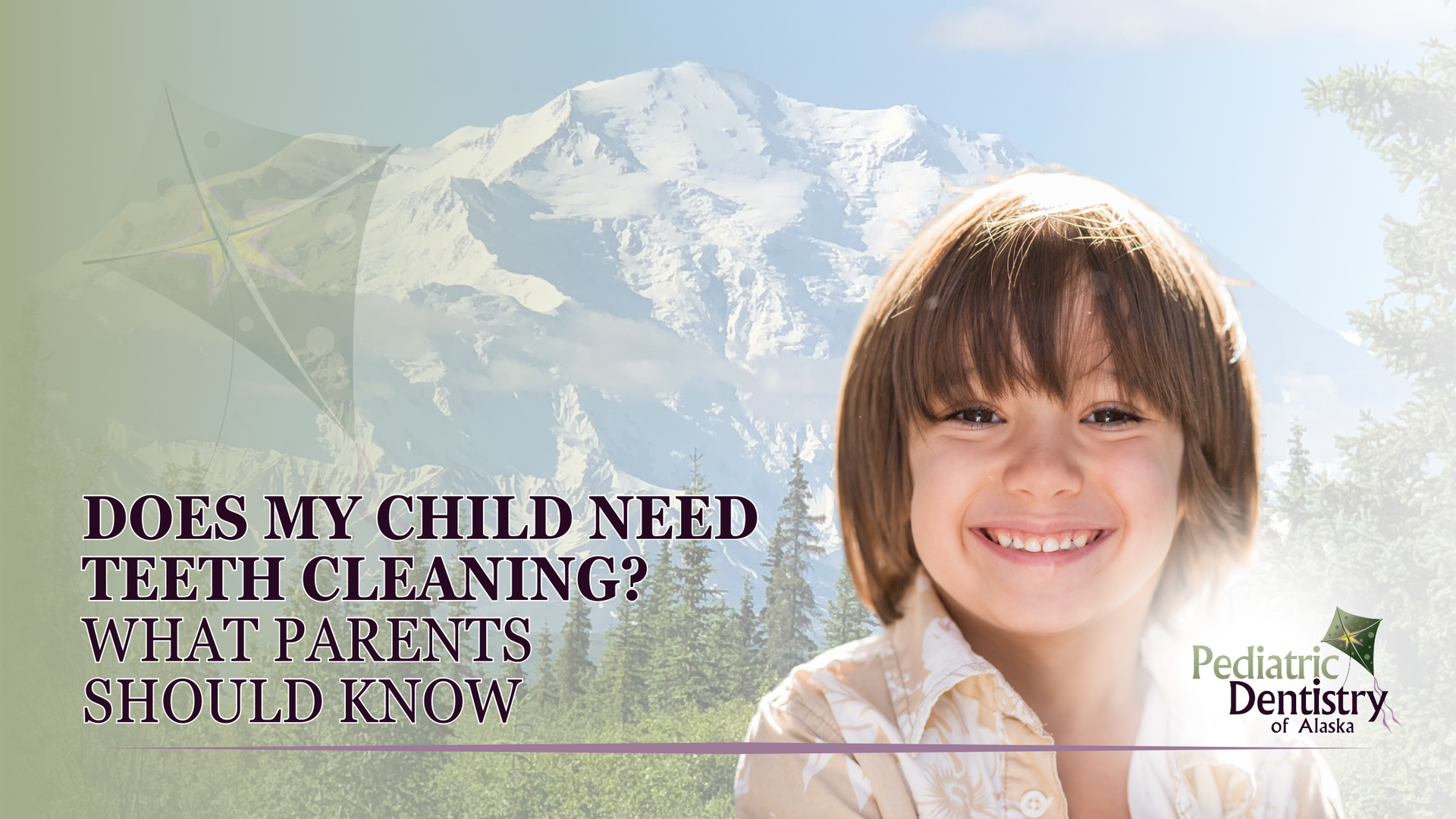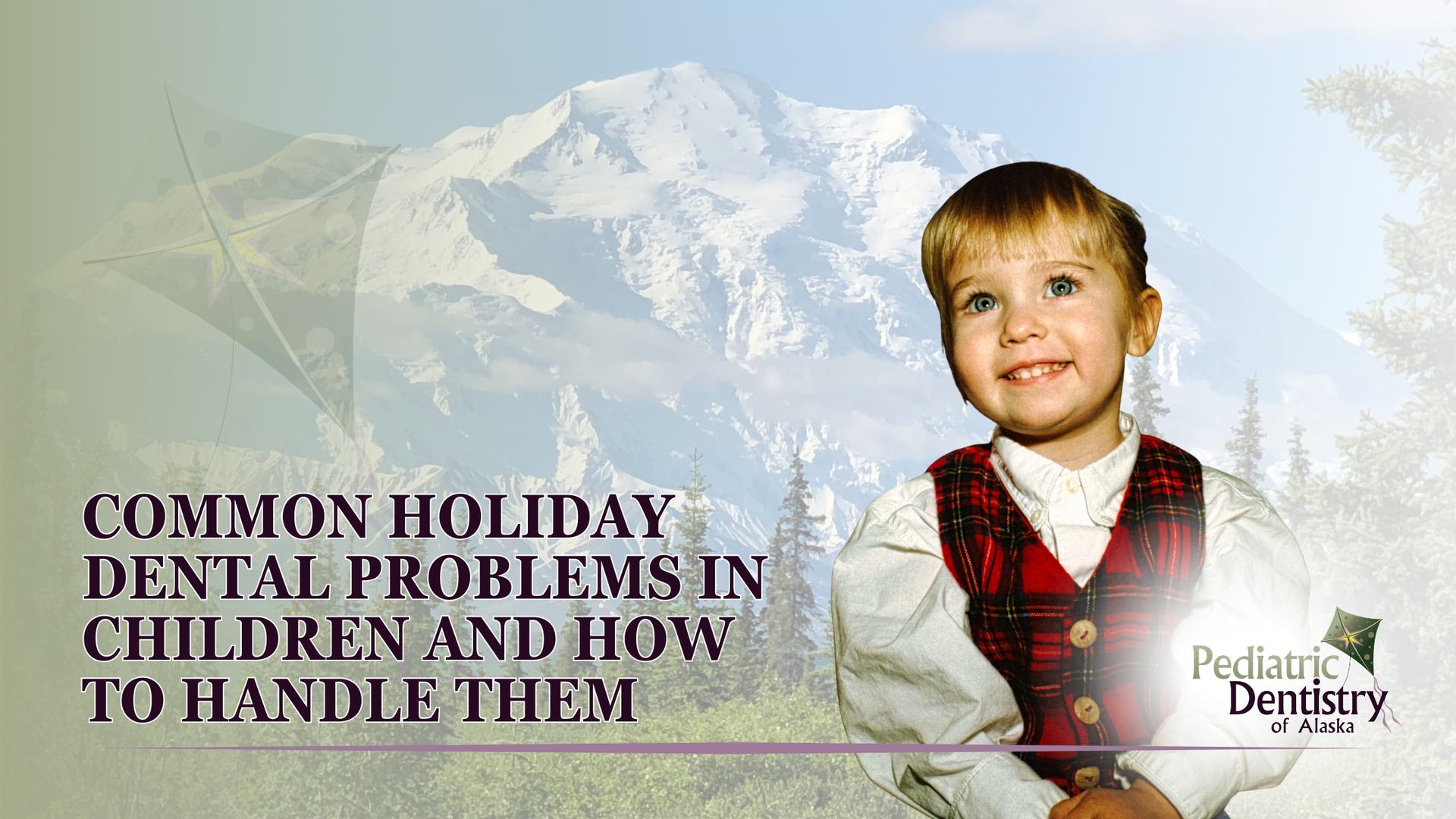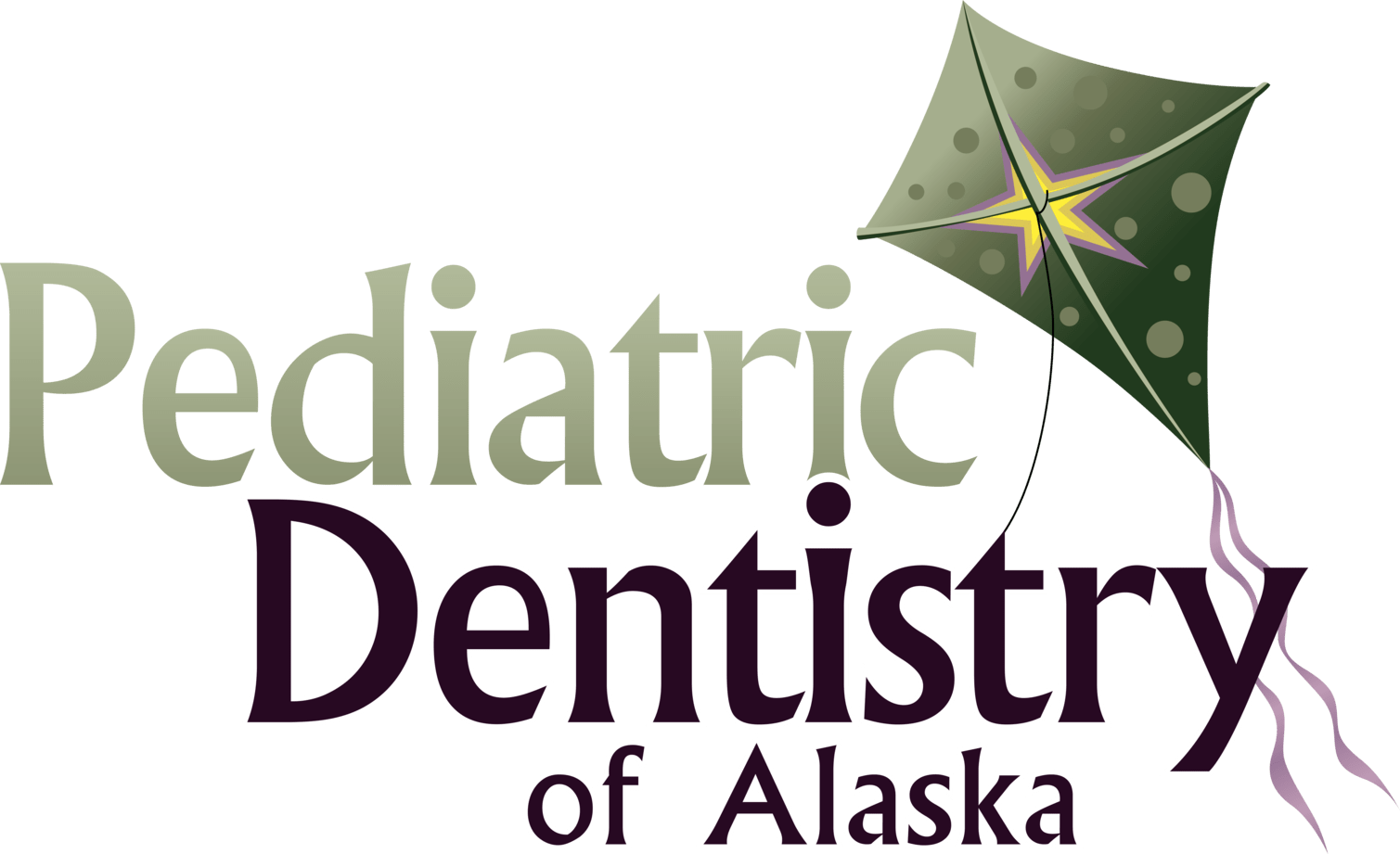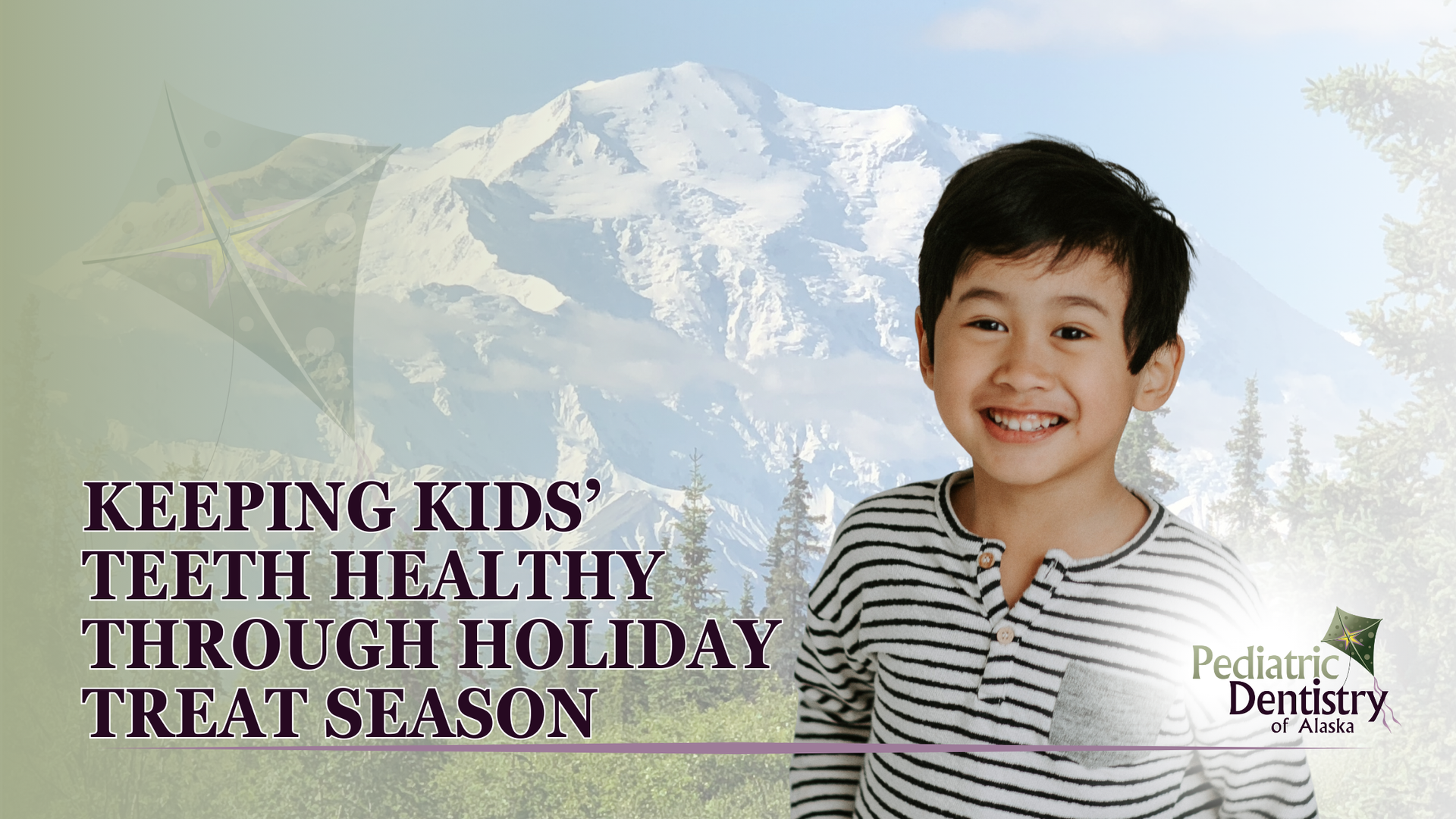Brushing Buddies: Fun Ways to Encourage Kids to Brush

Source: Dr. Marketing
Brushing teeth is not just a daily chore but a crucial habit that sets the foundation for a lifetime of good oral health. For kids, making toothbrushing fun and exciting can turn it from a task into a joyful routine. Our team at Pediatric Dentistry of Alaska has developed this blog post to explore creative and enjoyable ways to encourage kids to brush their teeth, turning it into a bonding experience with their "brushing buddies."
Why Kids Need to Brush Their Teeth

Good oral hygiene is vital for everyone, regardless of age. However, for children, developing healthy dental habits early on is particularly important. Here are some key reasons why kids need to brush their teeth regularly:
Preventing Cavities
Tooth decay is one of the most common childhood diseases. Regular brushing helps remove food particles and bacteria that can lead to cavities.
Maintaining Healthy Gums
Brushing along the gumline helps prevent gum disease, which can cause inflammation, bleeding, and eventually lead to tooth loss.
Promoting Proper Jaw Development
Baby teeth play a crucial role in speech development and proper alignment of permanent teeth. Keeping them healthy is essential for overall oral health.
Preventing Bad Breath
Good oral hygiene practices, including brushing, help combat bad breath and keep the mouth feeling fresh.
When Do Kids Need to Start Brushing?
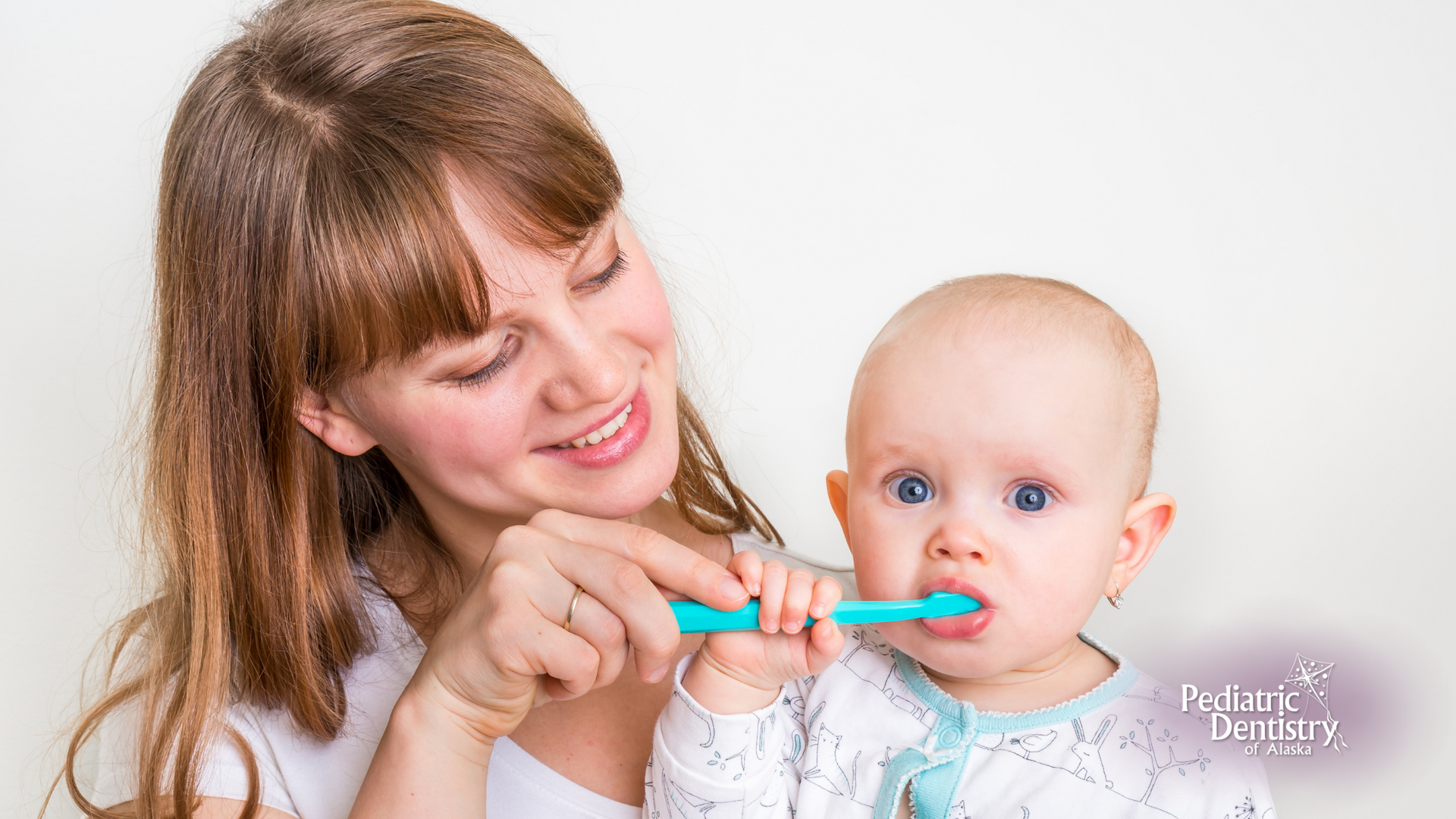
Dental care begins even before the first tooth appears. Parents can start cleaning their baby's gums with a soft cloth or infant toothbrush after feedings. Once the first tooth erupts, usually around six months of age, it's time to start using a small amount of fluoride toothpaste (about the size of a grain of rice) and a soft-bristled toothbrush. As more teeth come in, gradually increase the amount of toothpaste to a pea-sized amount by age 3.
How to Establish a Home Care Routine
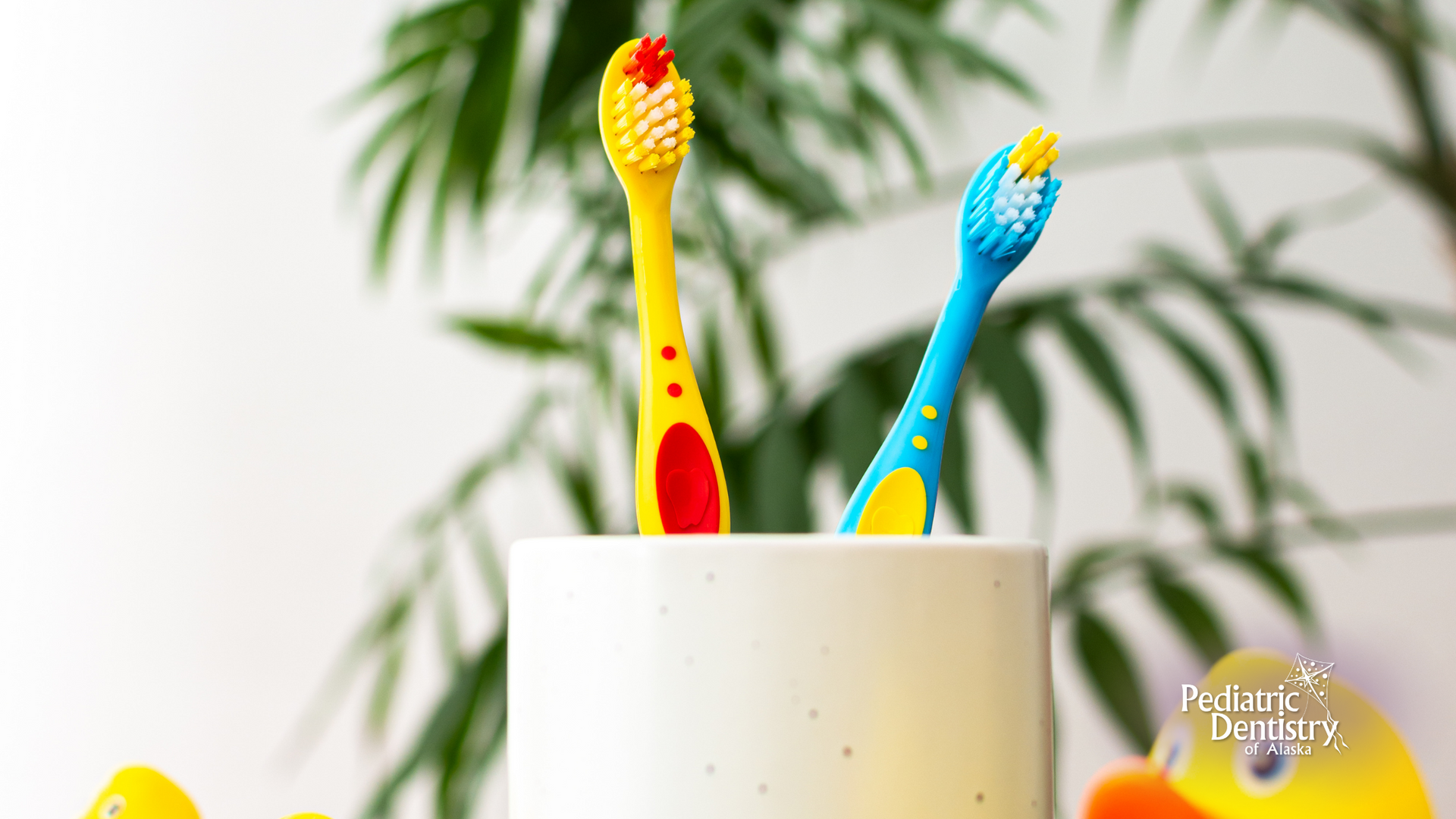
Creating a consistent home care routine is key to ensuring kids maintain good oral hygiene. Here are some tips to help establish a successful routine:
Set a Positive Example
Children have a natural tendency to imitate and learn from their parents, making it crucial for adults to model positive behaviors. By demonstrating a genuine enjoyment for and emphasis on the importance of toothbrushing, you can instill good oral hygiene habits in your children from an early age. Allow them to witness your dedication to maintaining a healthy smile by making toothbrushing a fun and prioritized part of your daily routine.
Choose Fun Toothbrushes and Toothpaste
Let your child pick out a toothbrush with their favorite character or color, and opt for toothpaste in fun flavors like bubblegum or strawberry.
Create a Toothbrushing Station
Make the bathroom a welcoming space by setting up a designated area with colorful cups, their toothbrush, toothpaste, and maybe a mirror at their level.
Make it Interactive
Transforming the mundane task of toothbrushing into an enjoyable and engaging experience can make it more enjoyable for both children and adults alike. One way to achieve this is by turning toothbrushing into a game or a fun activity. For example, you can play upbeat music to create a lively atmosphere, sing a toothbrushing song that adds a playful element, or even set up a brushing challenge to make the routine more exciting and interactive.
Use Positive Reinforcement
Create a fun and interactive sticker chart where children can earn a colorful sticker for each successful brushing session. As they collect stickers, they will be able to track their progress and work towards achieving a set goal, such as receiving a special reward after reaching a certain number of stickers. This positive reinforcement system not only encourages good dental habits but also provides a sense of accomplishment and motivation for kids to maintain their oral hygiene routine.
Incorporate Education
Educating children about the significance of brushing their teeth is crucial for establishing good oral hygiene habits that will benefit them throughout their lives. By teaching kids not only the importance of brushing but also the proper technique, they can understand how it plays a vital role in maintaining strong and healthy teeth.
Regular Dental Checkups
Schedule regular dental checkups with our dental care team at Pediatric Dentistry of Alaska starting around age 1 or as recommended by your dentist. These visits help monitor oral health and address any concerns early on.
Fun Ways to Encourage Kids to Brush
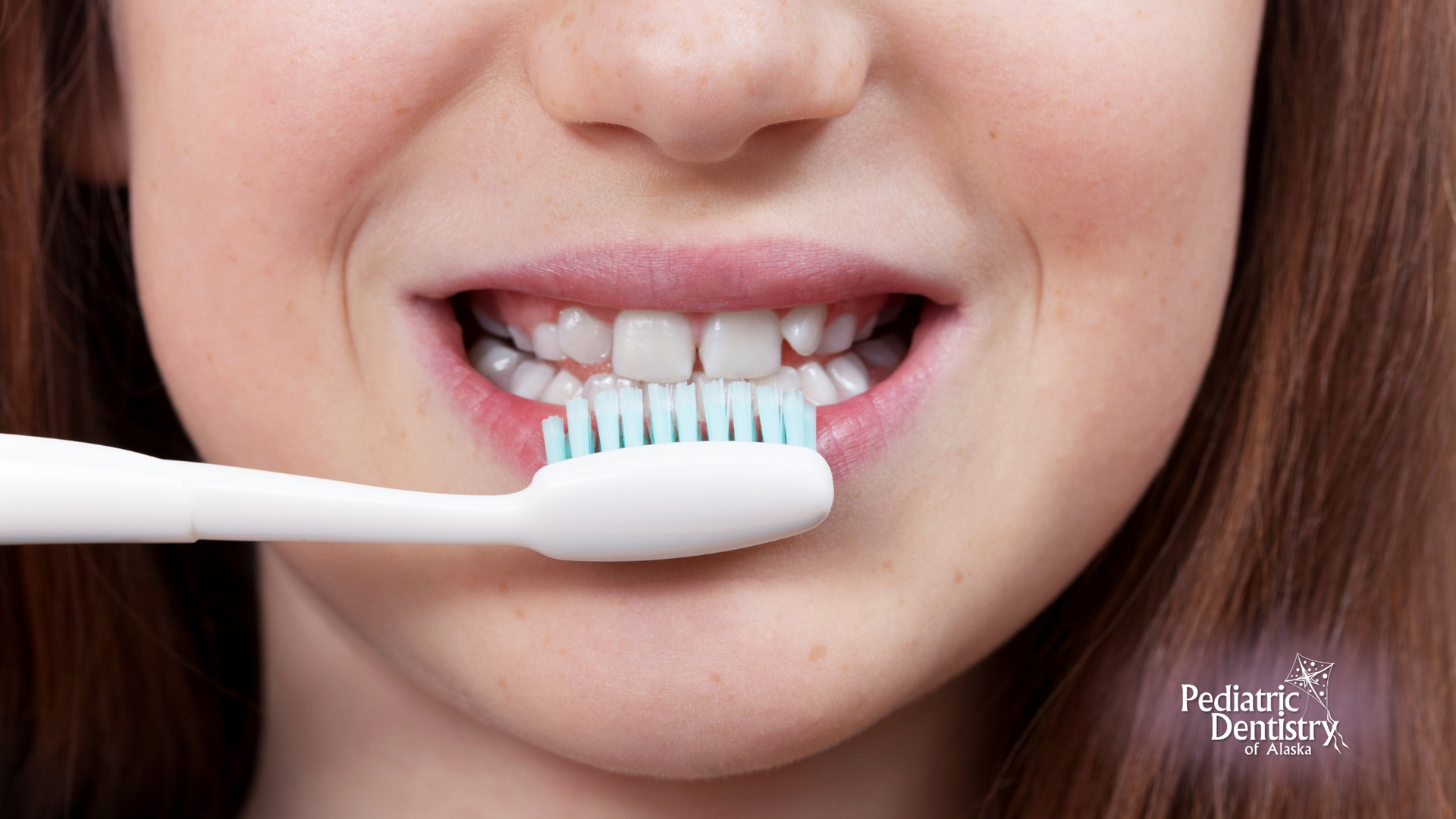
Transforming toothbrushing into an adventure, parents can engage kids with storytelling sessions dedicated to dental hygiene, weaving in fun narratives that coincide with brushing moments. Additionally, turning bathroom time into a lively dance party by playing their favorite tunes can infuse excitement into the routine. Using technology, parents can utilize toothbrushing apps or timers to ensure kids brush for the recommended duration, making it a game of beating the clock. Encouraging imaginative play, children can take on the role of a dentist, meticulously "cleaning" their toys' teeth, fostering a sense of responsibility and understanding about oral care. Moreover, introducing brushing challenges, such as brushing the longest or creating the most bubbles with toothpaste foam, adds an element of friendly competition that motivates kids to maintain their dental routine with enthusiasm.
What Can Happen if Kids Don't Brush Their Teeth
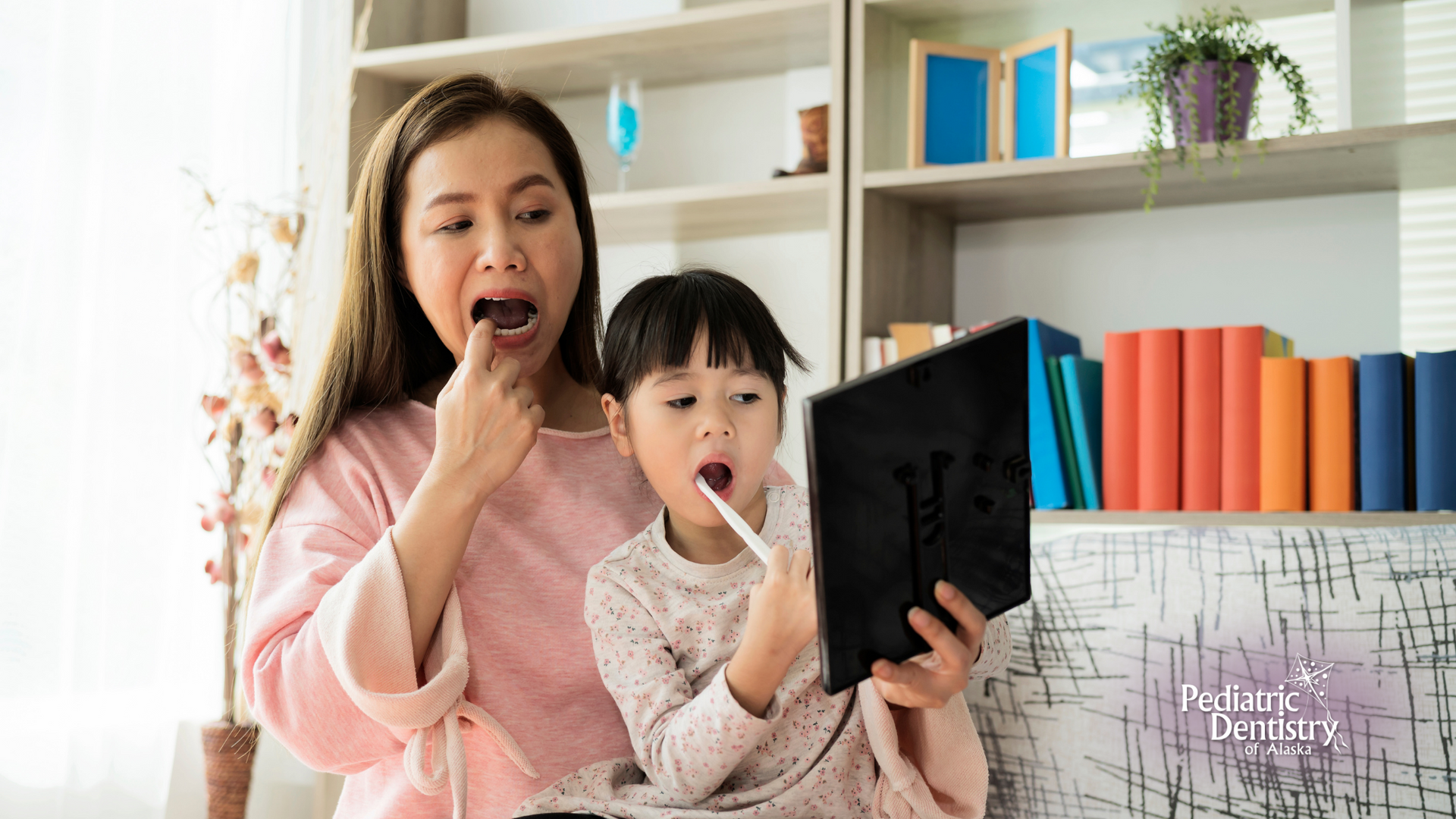
Neglecting oral hygiene can have significant consequences for kids' dental health. Here are some potential issues that may arise if children don't brush their teeth regularly:
- Tooth Decay: The most common consequence of poor brushing habits is tooth decay. Bacteria in the mouth feed on sugars from food and produce acids that attack tooth enamel, leading to cavities.
- Gum Disease: When plaque (a sticky film of bacteria) accumulates along the gumline, it can cause inflammation and infection, leading to gum disease (gingivitis and periodontitis). This can result in swollen, red, and bleeding gums.
- Bad Breath: Food particles trapped in the mouth can promote bacterial growth, causing bad breath (halitosis).
- Tooth Loss: Severe decay and gum disease can lead to tooth loss, impacting a child's ability to chew properly and affecting their self-esteem.
- Dental Abscess: Untreated cavities or infections can progress to dental abscesses, which are painful collections of pus that require immediate dental care.
- Poor Nutrition: Difficulty chewing due to dental problems can lead to a limited diet, potentially affecting a child's overall nutrition and health.
- Speech and Developmental Issues: Missing or decayed teeth can affect speech development and the alignment of permanent teeth, requiring orthodontic intervention later on.
By highlighting these potential consequences, parents can emphasize the importance of regular toothbrushing and instill good oral hygiene habits in their children from an early age. Remember, preventive care is key to maintaining a healthy smile and overall well-being.
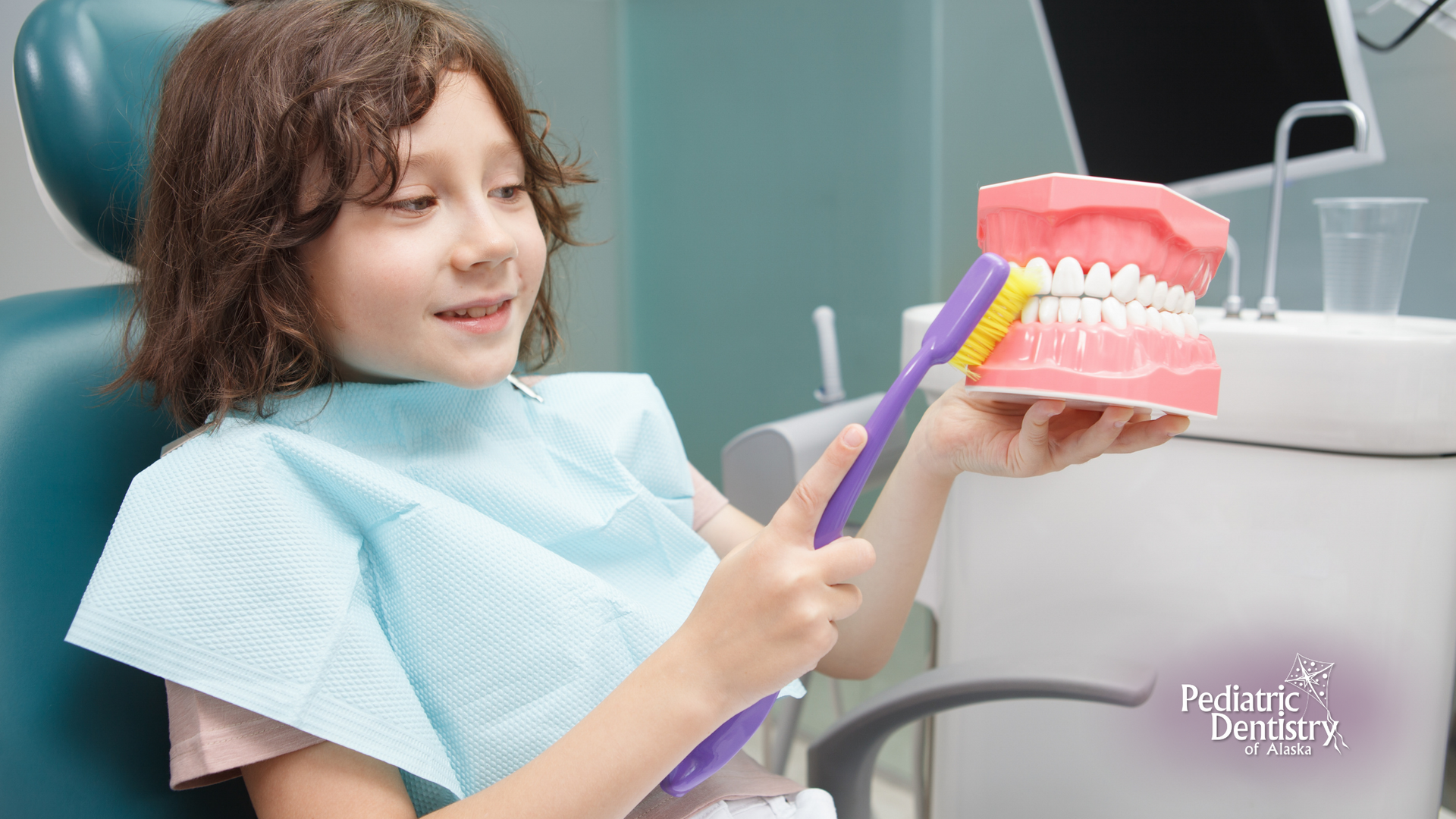
By incorporating these fun and engaging strategies into your child's daily routine, you can make toothbrushing a positive and enjoyable experience. Remember, good oral hygiene habits developed in childhood can lead to a lifetime of healthy smiles! Remember to schedule your child's next dental appointment by calling us in Palmer (907) 745-8684 or in Wasilla (907) 373-8684 to ensure their teeth stay strong and healthy. Our dentist at Pediatric Dentistry of Alaska in Palmer and Wasilla can provide personalized advice and guidance to support your child's oral health journey.
